If you go in for your annual physical in the fall, you’re probably anticipating your appointment with equal parts resignation and fear.
You know you really have to do it, but it’s just not a chore that has you jumping for joy. Kids dread the doctor’s office because they want to avoid shots, but for grown-ups, the anxiety is a bit more intangible.
For the most part, we’re dreading the numbers: that unforgiving medical scale, the blood pressure cuff, and, of course, the blood levels.
Every year, we seem to hear that we have vitamin deficiencies and need to to drop a few pounds. Invariably, as we get older, we also start hearing that our cholesterol needs a whole lot of work.
Oftentimes, it’s true; high cholesterol is a predictor of other health issues, and can cause problems in the long run.
Still, a lot of the set-in-stone facts that most people believe about cholesterol aren’t as cut-and-dried as they seem, and it might be time to have a clarifying conversation with your doctor about ratios, medication, and more.
Scroll through the gallery to learn which cholesterol myths are the most baffling.
Myth #1: Eggs And Dairy Are The Enemy

For a long-time, there was a vogue among health care professional to tell patients with high-cholesterol to cut eggs and dairy out of their diets completely.
Now, new research is leading to a gradual pull-back on this advice, which may not actually be as sound as it seems.
Yes, dairy and eggs are high in fat — a single egg contains more than half your daily recommended cholesterol — but that doesn't necessarily make them dietary villains.
Though high in fat, they are also jam-packed with key nutrients; as long as you eat them in reasonable portions, they can be a very healthy part of a balanced diet.
Myth #2: High Cholesterol Is Always A Problem
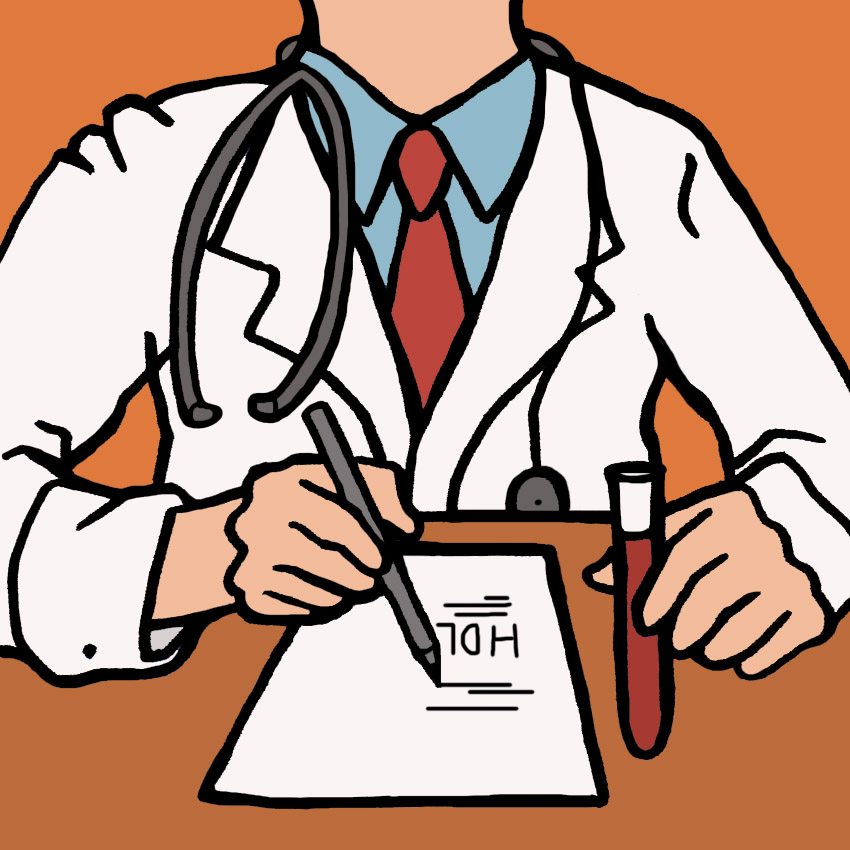
Strictly speaking, any adult with cholesterol over 240 mg/dL has "high cholesterol," but it's actually more important to look at the ratio of your cholesterol than just the total number.
You want to have the right balance of HDL (good cholesterol) and LDL (bad cholesterol) in your blood, which — according to Harvard Medical School — should be roughly 20-30% HDL, and 60-70% LDL, and 10-15% a third category VLDL, which is also considered a 'bad' cholesterol.
Even if your cholesterol is well over, if you're striking this balance, you may have less to worry about, though you should still consult your doctor.
Myth #3: Statins Are A Cure
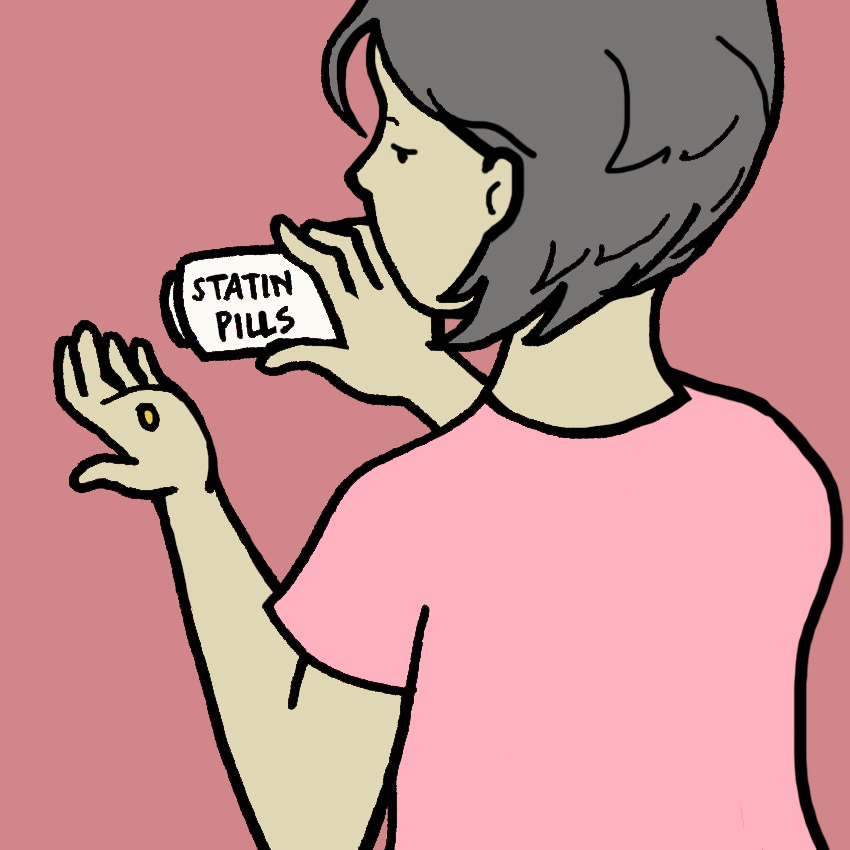
There's a distressingly common misconception that statins are a "cure" for high cholesterol, when in fact, that's not the case.
Your own liver is responsible for producing 'good cholesterol,' and statins inhibit this process to lower your overall number.
For people with very high cholesterol, this can help in a lot of ways, but ultimately doesn't serve any purpose if it isn't paired with a healthy diet.
It's also worth noting that statins aren't a catch-all treatment; they have even been linked to dementia, according to Scientific American, because cholesterol is instrumental in protecting the brain as it ages.
Myth #4: Saturated Fats Are Off Limits

Saturated fat is not the same as cholesterol, though it is linked to higher levels of "bad" cholesterol, according to the American Heart Association.
Meats and other animal products also contain dietary cholesterol, which raises your overall levels, but can add good cholesterol to your diet too.
You still need protein, iron, and yes, even cholesterol, for a healthy body, it's simply important to eat only 140 calories or fewer of saturated fat in a given day — it's all about indulging reasonably!
Myth #5: Lower Cholesterol Is Always The Goal
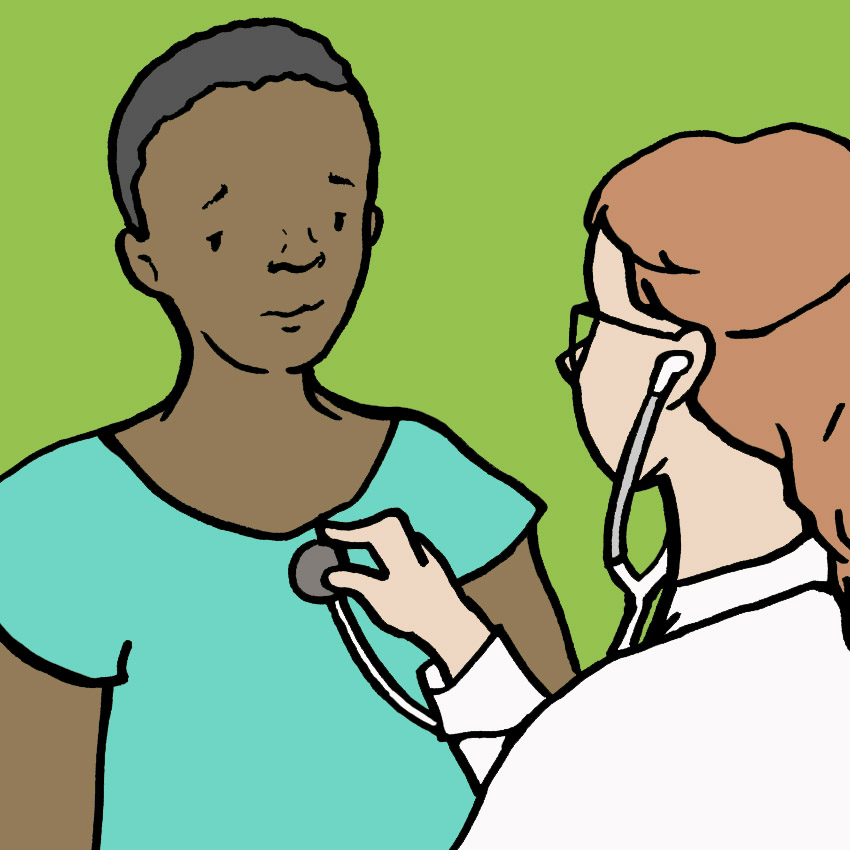
If you can keep your total cholesterol below 200, that's great, especially if the ratios are in balance.
But this is a case where lower isn't always better; it's important that your total cholesterol remain above 120.
That's because cholesterol does serve a function in the body; it's instrumental to neurological processes, and your brain can't function without it.
Myth #6: High Cholesterol Is A Warning Sign Of Heart Disease
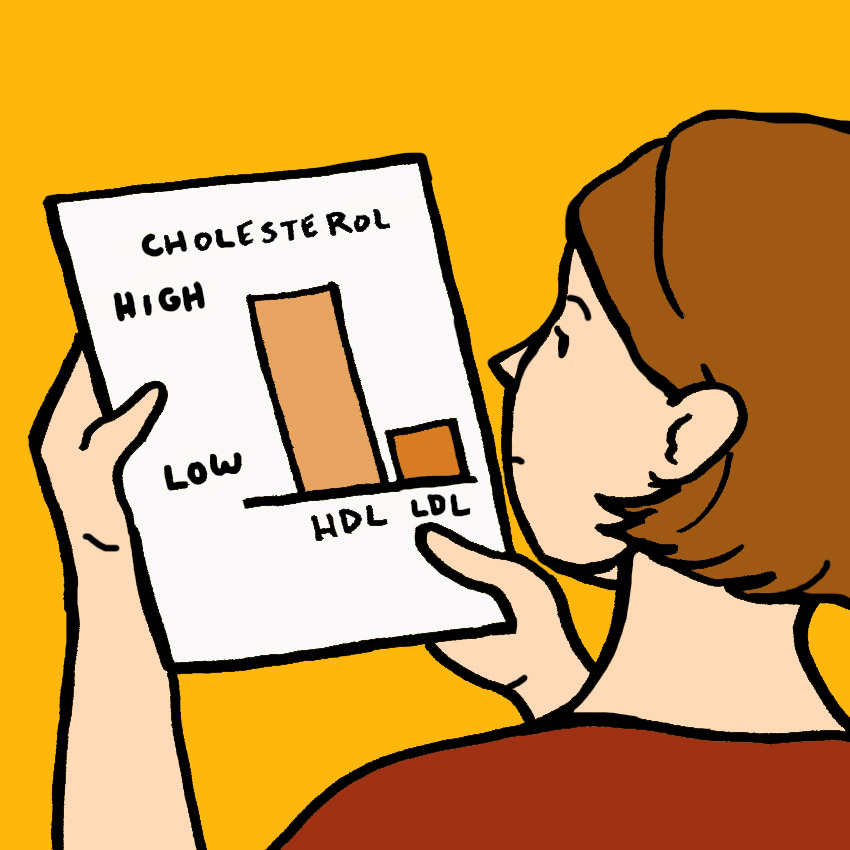
This is one of those commonly-touted facts that is, strictly speaking, true, but it's often misunderstood.
High rates of LDL cholesterol are correlated with heart disease, but it's not as simple as seeing your total blood work and concluding that you're at risk.
Eating fish, olive oil, and and avocados, which all contain omega-3 fatty acids, actually lowers your risk of heart disease, so make sure your understand your chart completely before making any radical changes.
Myth #7: People With Low Cholesterol Live Longer

Once again, this is all about the ratio.
If your cholesterol is at 215, but 40% of that is "good" cholesterol, you're probably healthier than someone with a total number of 200, but with only 25% "good" cholesterol.
That's because the "good" stuff actually helps your body process and get rid of the "bad," improving your heart health and leading to a longer lifespan.
Myth #8: Food Marked ‘0 Cholesterol’ Is Healthy
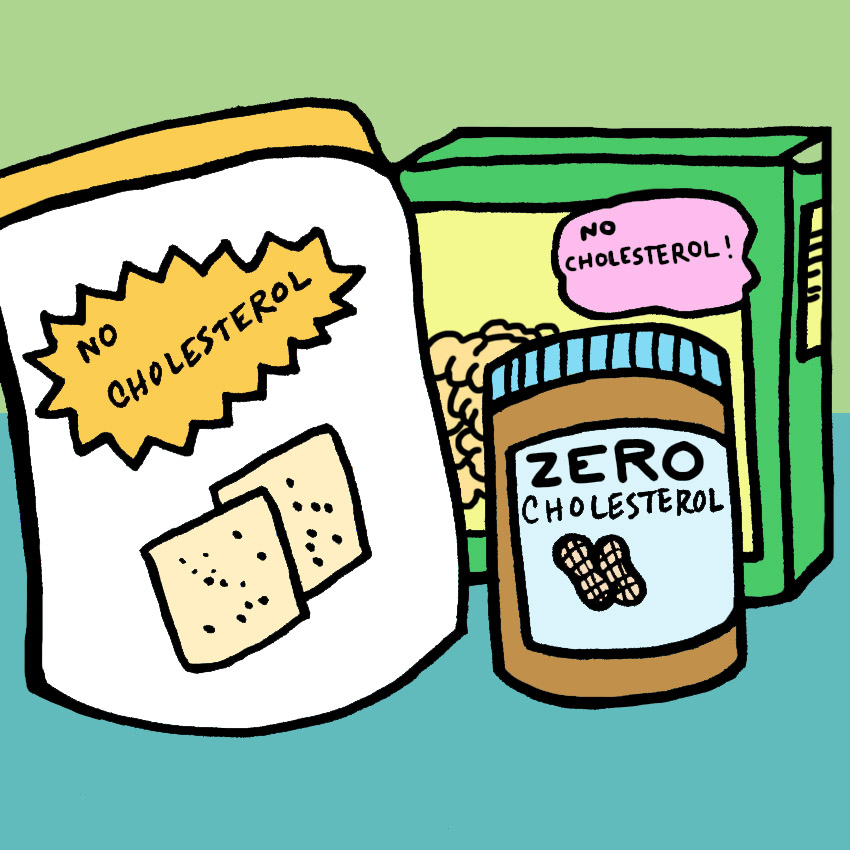
Did you know that only animal-based products ever contain dietary cholesterol? We're essentially just talking about meat, dairy, and eggs.
That doesn't mean that potato chips packed with hydrogenated oils are fine to eat.
Technically, they are zero cholesterol, but they are also probably full of trans fats, which your body will turn into "bad" cholesterol almost immediately upon digestion. It's just a marketing trick!
If you were surprised by some of these myths around cholesterol, make sure to SHARE with friends and family, and have a conversation about cholesterol at your next physical!




